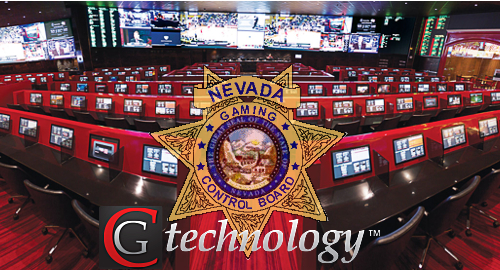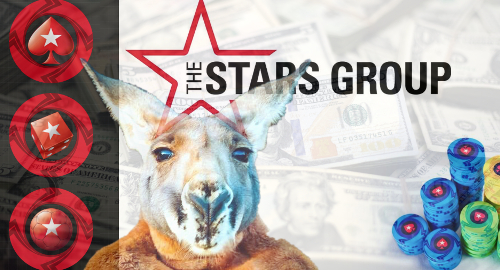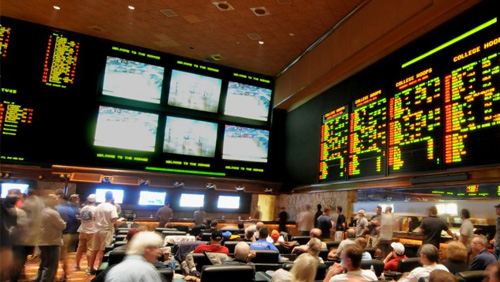Sports betting technology provider CG Technology (CGT) has been fined for the third time by Nevada regulators after reporting more flaws in its software.
Last week, the Nevada Gaming Control Board (GCB) published a document detailing a settlement that will see CGT pay $250k for a variety of infractions, including allowing individuals from outside Nevada to place sports betting wagers in violation of both state and federal law.
The out-of-state wagers were placed between 2016 and 2017 and were self-reported to the regulator by the company. At the time, CGT claimed it would adjust its software to prevent further occurrences but “failed to properly deploy” those tweaks to its mobile betting app’s geolocation functionality.
CGT’s software also accepted hundreds of wagers at the exact moment that its betting odds were being adjusted, leading to some players receiving winnings that were greater than expected while others received less than expected. Even more worrisome, the software accepted multiple bets on games and events that had already concluded.











